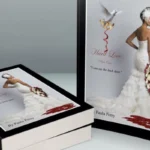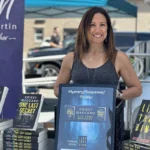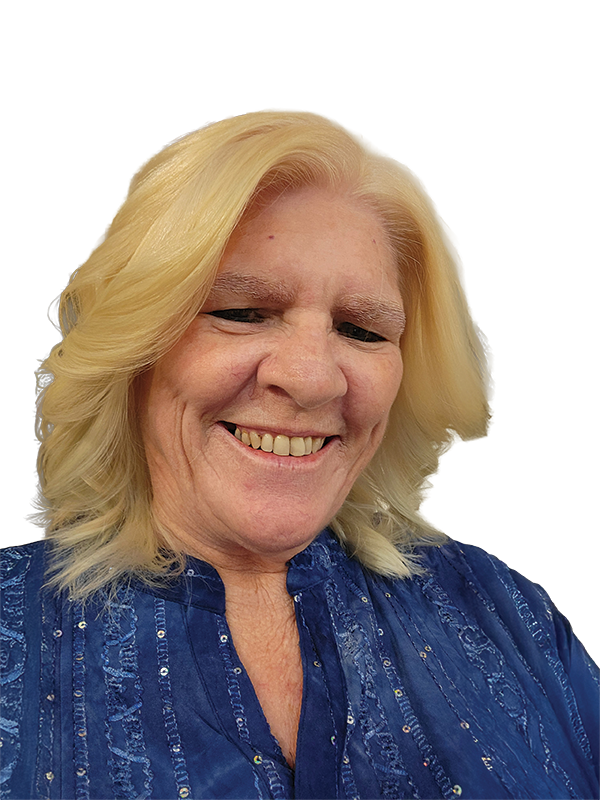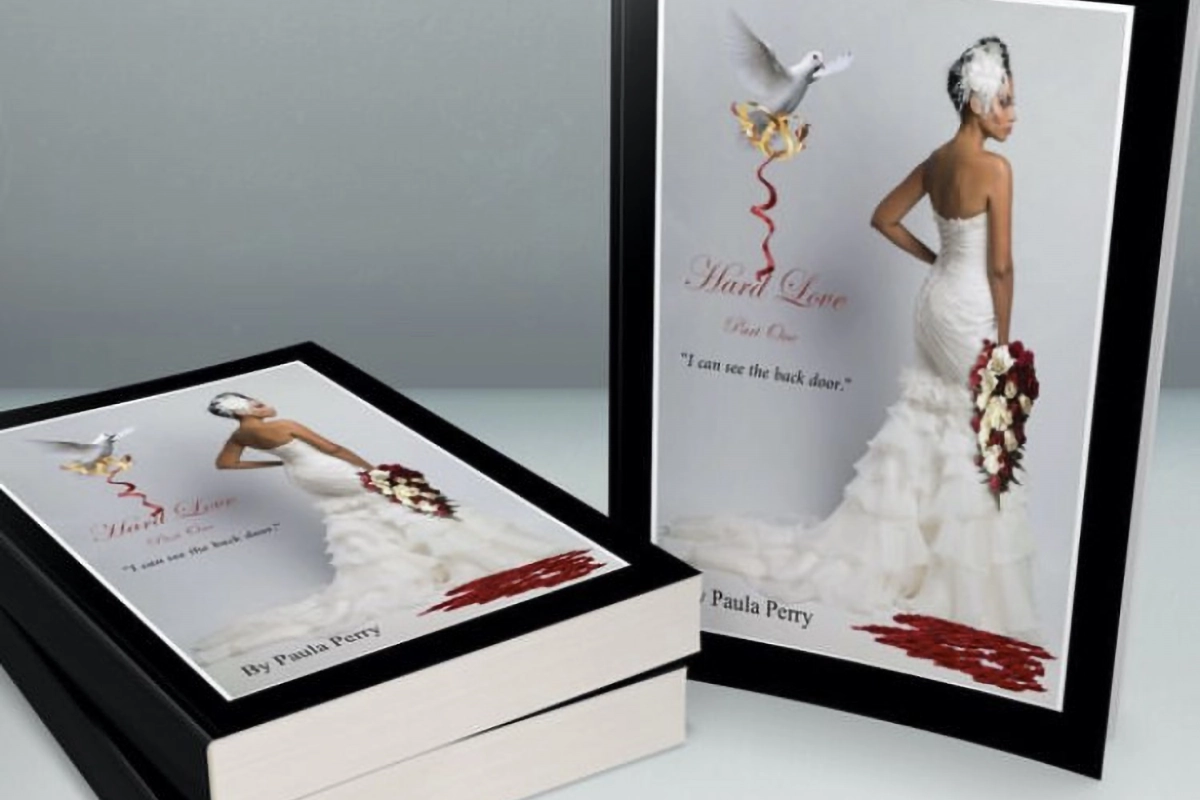Jane Doucet Explores Humor, Heart, And The Complexity Of Life Through Her Novels

Photo: Jane Doucet, celebrated author and journalist, captures the essence of life and humor in her captivating novels, inspiring readers everywhere.
Bringing Quirky Characters To Life In Vibrant Settings
Jane Doucet discusses her journey from journalism to fiction, exploring themes of motherhood, midlife, and the importance of humor in her novels.
Jane Doucet captivates readers with her irreverent novels that blend humor and heart, creating a unique niche in contemporary fiction. As a seasoned journalist whose work has graced the pages of respected Canadian publications such as Chatelaine, Canadian Living, and The Globe and Mail, Jane didn’t initially set out to write fiction. However, her quest for a lighthearted narrative on motherhood led her to craft her debut novel, The Pregnant Pause. This book not only won the admiration of readers but also earned a spot as a nominee for the 2018 Whistler Independent Book Award.
Following the success of her first novel, Jane continued to explore the complexities of life and love with her subsequent works, Fishnets & Fantasies and Lost & Found in Lunenburg, where she deftly intertwines humor with poignant themes such as grief, aging, and personal growth. Her storytelling is enriched by a vibrant setting that feels like an integral character itself, particularly the picturesque coastal town of Lunenburg, Nova Scotia.
As a proud feminist and an advocate for representing older protagonists, Jane challenges stereotypes while crafting relatable characters who live fully, exploring ambition and sexuality. With her upcoming contemporary murder mystery, Blood Typed, set to release in May 2026, she continues to push creative boundaries while staying true to her distinctive voice.
In this edition of Mosaic Digest, we invite you to delve into our exclusive interview with Jane Doucet. Prepare to be inspired as she shares her journey from journalist to novelist, the evolution of her beloved characters, and her insights on balancing humor with serious topics. Jane’s infectious passion for storytelling is sure to leave a lasting impression on readers and aspiring writers alike.
Lost & Found in Lunenburg marks your third novel and revisits the beloved character Rose Ainsworth. What inspired you to bring her back, and how has she evolved since The Pregnant Pause?
In The Pregnant Pause, Rose was turning thirty-seven and tormenting herself (and those around her!) trying to decide whether to have a baby. I wrote the first draft of that novel when I was in my mid-thirties, and it was inspired by my own experiences of motherhood indecision at that time in my life. I started writing Lost & Found in Lunenburg when I was fifty, after a romantic breakup. So, I decided to explore midlife love, loss, and new beginnings with fifty-year-old Rose in that novel. I hope readers will notice the ways in which Rose has matured over those thirteen years.
“I started writing Lost & Found in Lunenburg when I was fifty, after a romantic breakup.” – Jane Doucet
Your transition from seasoned journalist to acclaimed novelist was sparked by not finding the kind of book you wanted to read. What were the biggest surprises you encountered in shifting from fact-based writing to fiction?
I would say less of a surprise and more of a delight, in terms of being able to stretch my imagination to limits I didn’t think were possible. I’m very lucky to have an editor, Whitney Moran, who is a dream collaborator at Nimbus Publishing’s fiction imprint, Vagrant Press. Her suggestions for enhancing characters and plot are incredibly insightful. If I hit a creative closed door during revisions, I know Whitney will be there to help walk me through it.
“There’s no secret sauce… Having a sense of humour helps me process ordinary, sad things that happen.” – Jane Doucet
Many readers have praised the balance you strike between humour and serious topics like grief, aging, and sex. How do you find that sweet spot where a story remains both light-hearted and deeply resonant?
That’s a great question! There’s no secret sauce. I guess it stems from my own sense of humour, and how I view the world. Having a sense of humour helps me process ordinary, sad things that happen — a divorce, the death of a parent, the end of a friendship or a job. Also, I love reading novels with quirky, funny characters, such as Dear Mrs. Bird, Bridget Jones’s Diary, and Janet Evanovich’s Stephanie Plum series. It follows, then, that I would want to write the same kind of books that I love to read. Writing humour is hard, but also loads of fun.
The setting of your books — particularly Lunenburg — plays almost like another character. What role does place play in your storytelling, and what do you hear from local readers about seeing their community in your fiction?
I was a first-time author with The Pregnant Pause, and I didn’t realize that I could showcase setting. For that novel, I didn’t take a single fiction-writing workshop; I just winged it and wrote. When I was midway through writing Fishnets & Fantasies, which is set in the tiny coastal community of Lunenburg, Nova Scotia, on Canada’s East Coast, I decided to take my first fiction workshop. The instructor said, “Weather is setting.” That hadn’t occurred to me, and Nova Scotia gets hit by hurricanes and tropical storms. So, in addition to describing the geographic landscape of Lunenburg, which is stunning, I tossed in a storm. I can tell you that local readers adore real details of places they know and love. But you’d better get them right! I live in Halifax, an hour’s drive from Lunenburg, and I did a lot of in-person research there.
Your novels feature dynamic older protagonists living fully — including exploring sexuality and ambition. Was this a conscious challenge to stereotypes about aging, especially in women?
Yes and no. I tend to write my novels with protagonists who are my age, which means I’m writing about experiences I’m having, or that my friends and family are having. So while I never say to myself, “I’m going to challenge stereotypes” before I start writing, I seem to end up doing so. I’m a proud feminist, so I’m thrilled when readers tell me they love reading about older female characters who don’t just sit around tatting doilies and doing crosswords. Not that there’s anything wrong with that, but at almost fifty-seven, I’m still working as a freelance journalist, writing novels, caring for a senior dog, attending exercise classes, in a loving partnership with my husband, looking forward to my stepdaughter’s upcoming wedding — life doesn’t stop at fifty, or sixty, or at all, if you’re healthy and you don’t want it to.
Writing a third novel brings both experience and expectation. How did the creative process for Lost & Found in Lunenburg differ from your first two books?
There’s more pressure to be successful, certainly. I self-published The Pregnant Pause in 2017, and that was a tremendous learning curve. I wore many hats: writer, publisher, project manager, event organizer. I hired a small editorial team: editor, designer, proofreader, launch publicist. It was an enormous amount of work, and I had a full-time communications job so I did it all in my spare time. With self-publishing, the main pressure is what you put on yourself. When you have a traditional publisher, as I now do, you want your books to sell well to help their bottom line. With each novel, I’ve gained more experience, so dare I say my first drafts have gotten better? You’d have to ask my editor!
With your background in journalism, do you find that your reporting instincts still shape your fiction — whether in research, dialogue, or character development?
For research, absolutely. For Fishnets & Fantasies, I interviewed the owner of a small-town sex shop and a waitress, since I had never owned a business or waitressed. Many of the details they gave me made it into the story. Even though it’s a novel, I want my characters to be believable. For Lost & Found in Lunenburg, I read several memoirs written by widows. As for dialogue, my characters speak to me, and their voices and thoughts just pop into my head.
You’ve described yourself as a “lone wolf” when it comes to writing, yet you praise the Writers’ Federation of Nova Scotia as your tribe. How have those connections shaped your career as a novelist?
I’m a lone wolf in that I’ve never been part of a writing group. But I have taken a few writing workshops through the Writers’ Federation of Nova Scotia, and I’ve taught a few, too. I’ve made wonderful friends through that organization. But I write alone, and I don’t share a work in progress with anyone but my editor.
You’re currently working on a contemporary mystery — a new genre for you. What can readers expect from this project, and how do you approach writing something outside your usual style?
Readers can expect more of my same humour and heartwarming, quirky characters — but with a twist: murder! I’ve been reading mysteries since I was young; Nancy Drew was my first foray into that genre. Then I read my mother’s Agatha Christie books. I adore Richard Osman’s The Thursday Murder Club series, and I’ve read all of Louise Penny’s Three Pines series. As long as the murders aren’t gruesome, and there are fun characters and some humour, I’m in. That’s what I’m aiming for with Blood Typed, my murder mystery, which Vagrant Press is releasing in May 2026. It has been incredibly hard (red herrings, especially), but so much fun. I’m a pantser, not a plotter, which means I don’t have everything worked out when I start writing. In fact, I’ve waffled on “whodunit” several times! I’m almost done the first draft, so I’d better hurry up and figure it out soon.













